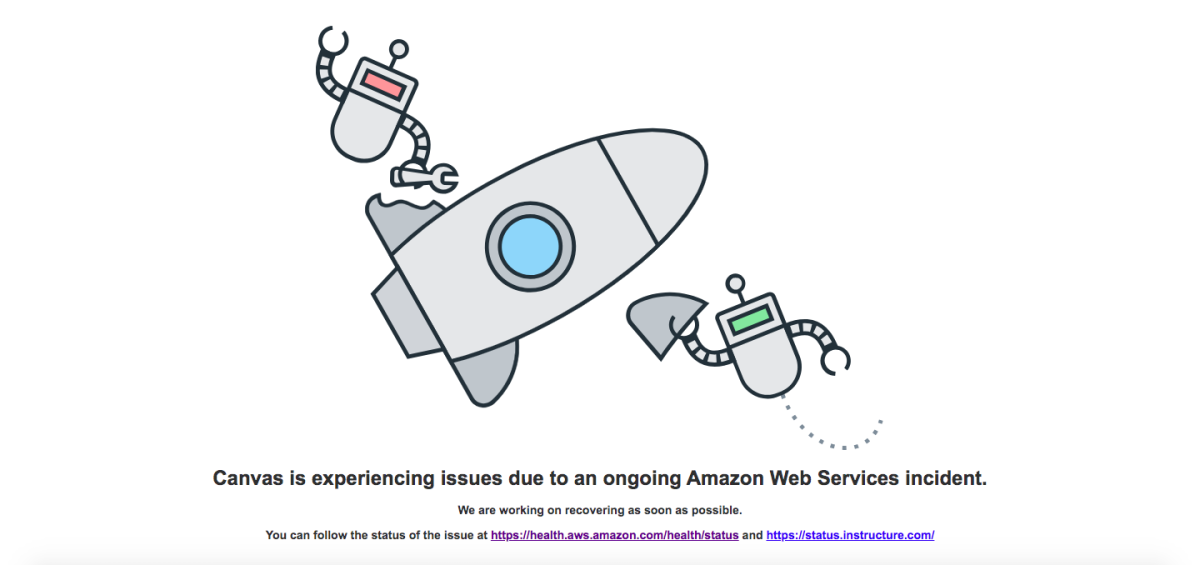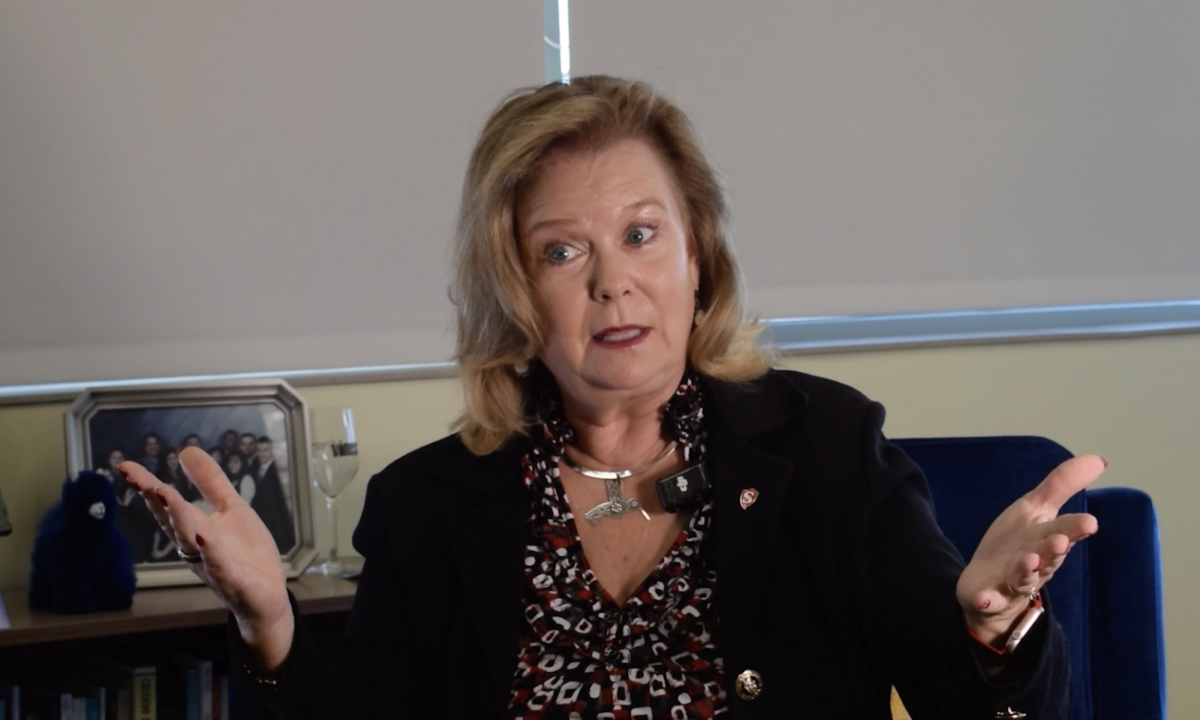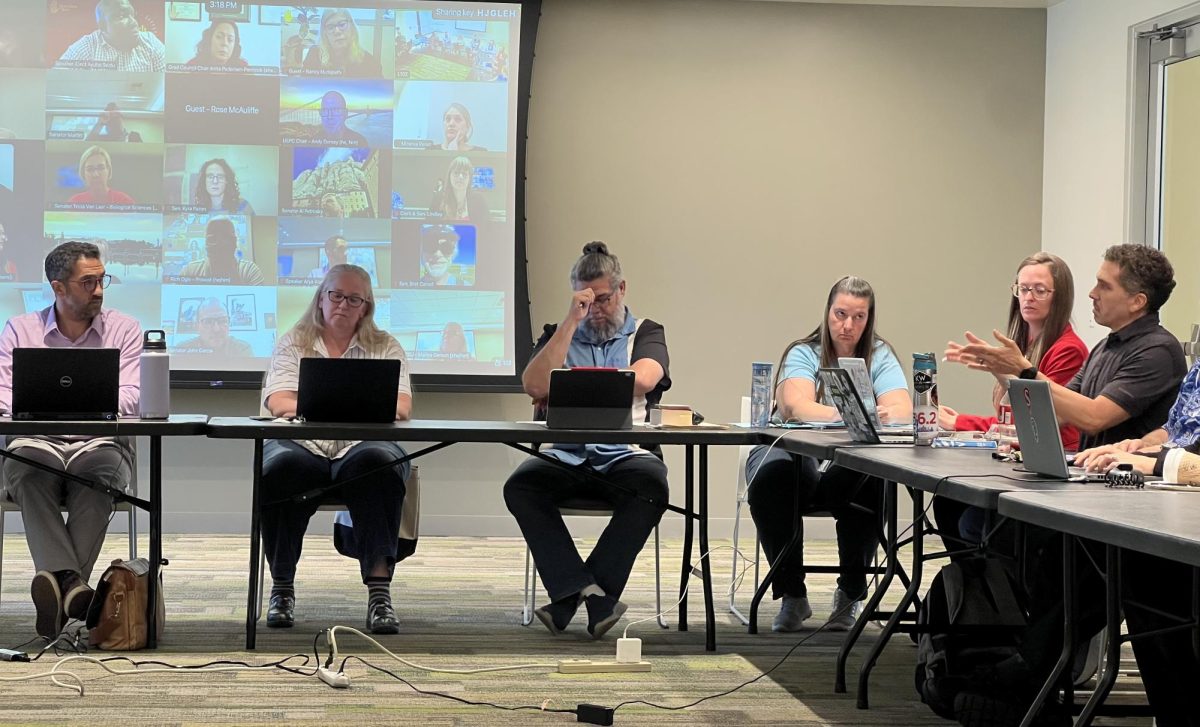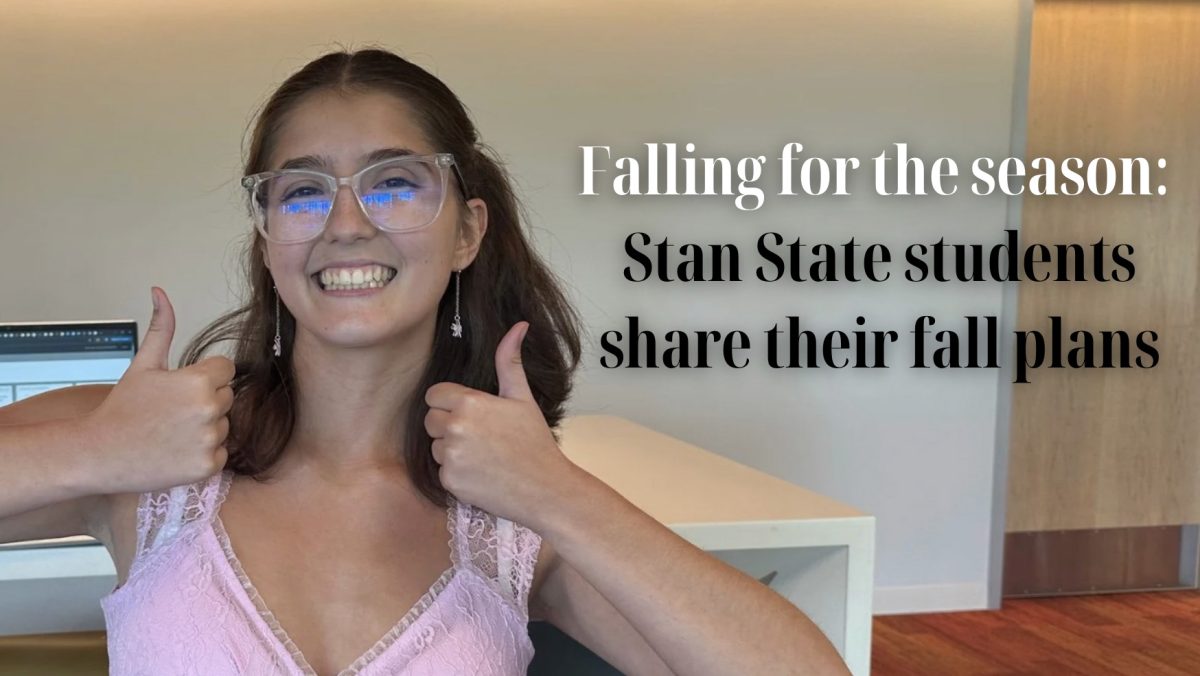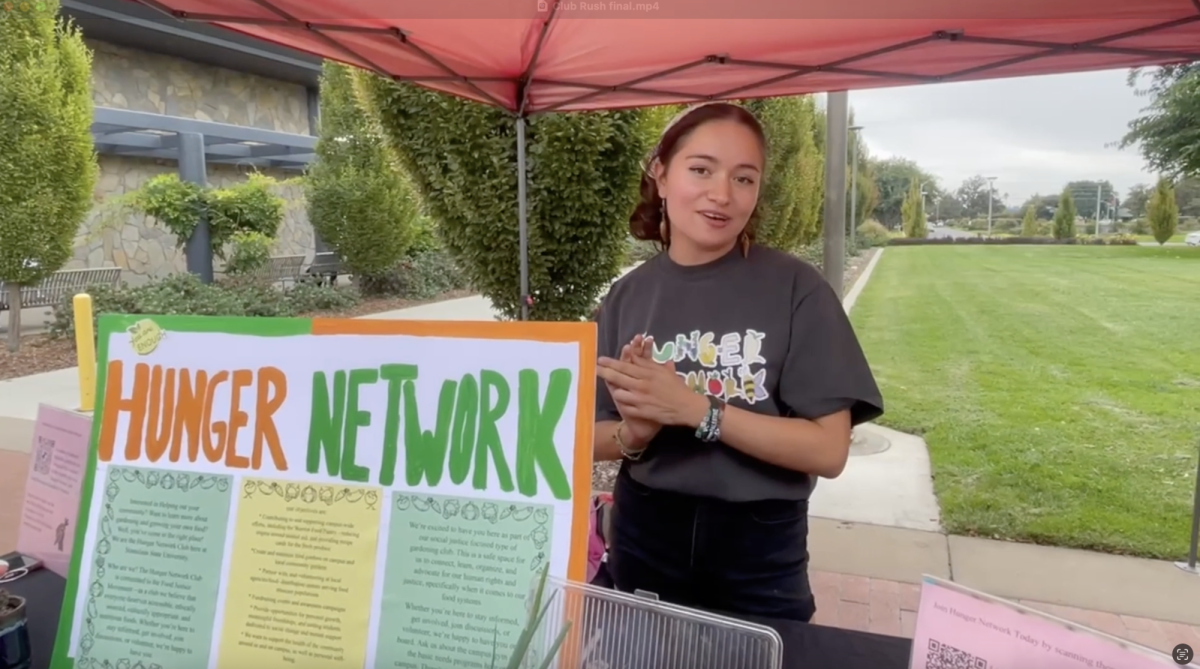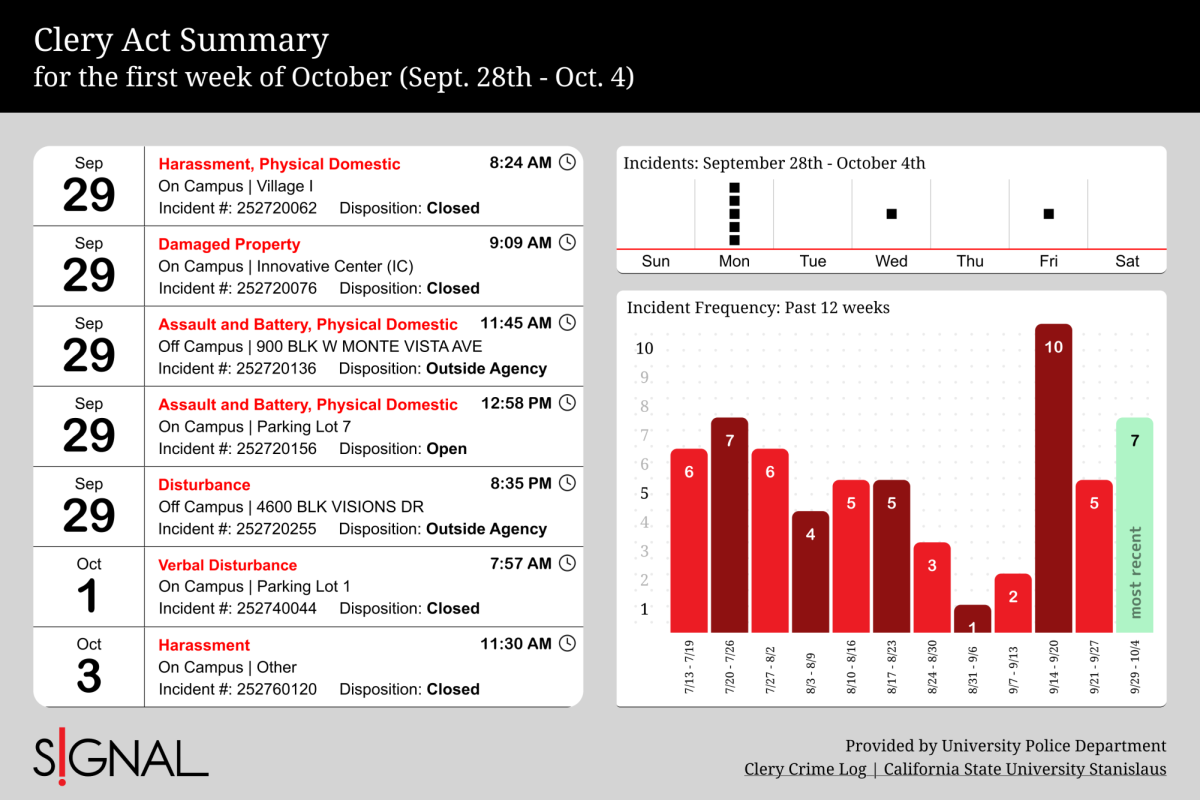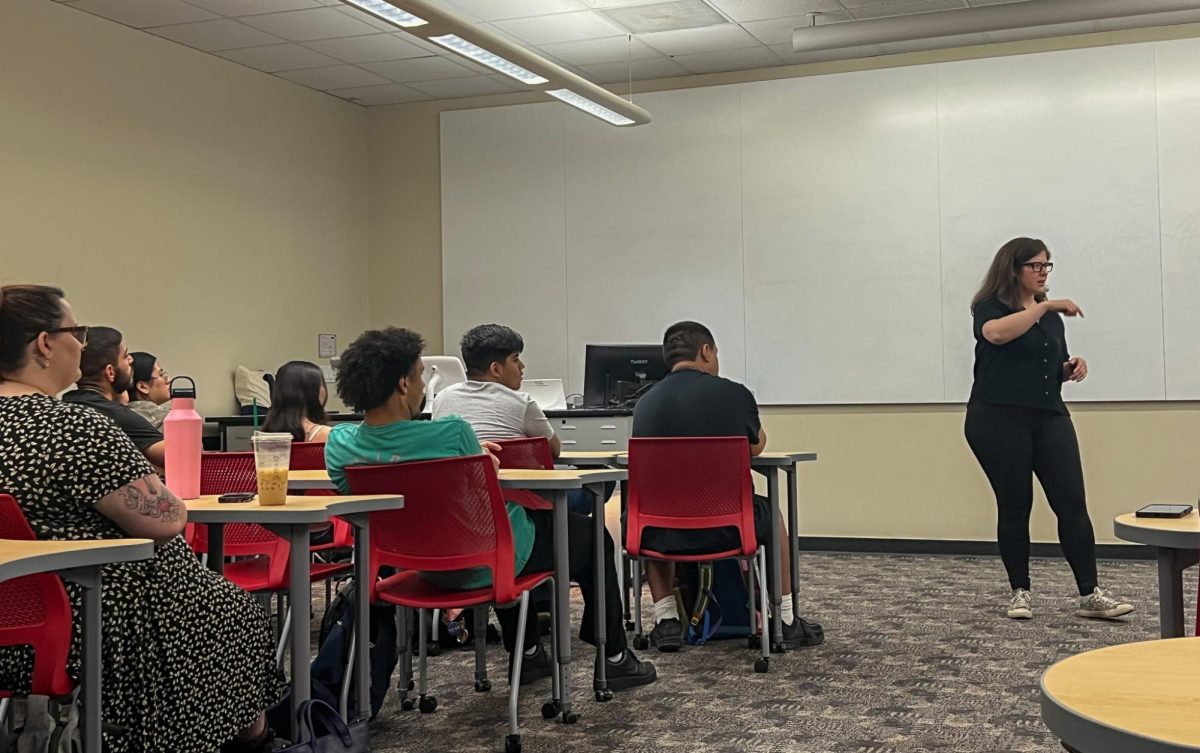On September 10 at 6:15 p.m., President Ellen Junn sent an email announcement to the campus community announcing that the spring 2021 semester will continue to be primarily virtual.
“Today Chancellor White has asked all campuses to share the announcement that all 23 California State University (CSU) campuses will continue in a primarily virtual format for the academic term beginning January 2021,” said President Junn.
This decision was made due to a combination of administrative deadlines and concerns over the continuous spread of COVID-19 cases throughout the state.
Academic plans for the 2021 spring semester will be due soon for all CSUs with a deadline approaching as early as September and October for some. In addition to abiding by timelines set by the CSU accrediting body, an early decision potentially allows for students and their families to make decisions on how to best proceed in the current environment.
The continuing spread of the disease also played a role in the decision to keep classes in their current virtual format during the spring. “The disease continues to spread. While the current mitigation factors do make a difference, in the absence of a vaccine and of sufficient, cost-effective, timely testing and contact-tracing infrastructure, we are not able to return to a normal, principally in person schedule in January 2021,” Chancellor Timothy White explains.
While the news of the spring semester being online caught some off guard, there was some understanding of the decision. “I’m sort of in shock, but I don’t know why. Every day brings a new shock. I’m looking at a toxic air report... I am very concerned for all of us. The Chancellor prioritizes safety. This is not true in every state/educational system. It’s probably a wise decision,” Says English professor Dr. Stephanie Paterson.
While some students have not seen the news currently packed away in their email, others such as Megan Colon (sophomore, Music) do not share the same views as Chancellor White on how to proceed. “I understand we must take precautions to going back to normal, I don’t think we should hole up our student body in their houses or living areas – especially if they are not healthy, mentally or physically for them. I hope as this year comes to a close, the Chancellor allows us to have more exceptions, and to be eased back into the process of regular schooling. Perhaps give options to students if they want to go online or not, so we could open up some classrooms to people who want to attend in person.”
Colon isn’t the only one who is frustrated with the decision to remain online in the spring. Hailey Quezada (senior, Liberal Studies) expresses her disappointment at the decision saying, “I do not think that this format of online is benefiting any of the students as well as the teachers. I know that everyone in my classes are struggling with not being able to be face to face, especially being a Liberal Studies major it is hard not having in-person interaction.”
Kayla Mahan (junior, Pre-Nursing) agrees that online learning has been difficult. “Having to transition into fully online has been a learning process. I would rather prefer in-person learning as I feel more engaged into the learning in a classroom setting. While being fully online makes me feel more overwhelmed and like I have no set schedule to go off of.”
In addition to being worried about how their learning will be affected, students are also disappointed at the prospect of losing another graduation.
“Being a Senior, it is hard knowing that I won’t be able to end my time at Stan in the classroom, or with a graduation. I am the first person in my family to graduate from college, so it was something my whole family was looking forward to as well,” says Quezada.
As the timeline currently stands, the next possible opportunity for students to attend class in person would be June 4, 2021, when the summer semester begins. However, it is undecided at this time to if the virtual delivery of classes will extend past the upcoming spring semester.




